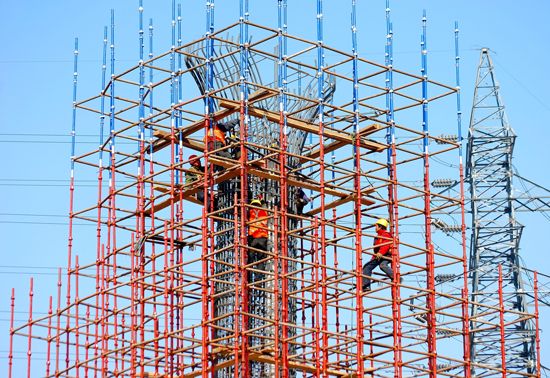Global industrial production increased 0.9% in September compared to August 2020, reported the Netherlands Bureau for Economic Policy Analysis (CPB).
Throughout the third quarter of 2020, global industrial production grew 7.6%, after having registered decreases of 3.9% in the first quarter and 6.6% in the second quarter, at inter-quarterly rates.
In December 2019, the emergence of Covid-19 was reported in Wuhan, Hubei province, China, and subsequently Covid-19 spread around the world.
On January 30, 2020, the World Health Organization declared Covid-19 a public health emergency of international concern and, on March 11, 2020, the World Health Organization declared Covid-19 a global pandemic.
The Covid-19 outbreak is currently having an adverse impact on the global economy, the severity and duration of which is difficult to predict.
Industrial production
The cost of Covid-19 in the global economy is expected to be the largest and most sudden contraction since the Great Depression. Global supply chains have been disrupted, trade has slowed, and much of the economic activity came to a halt during the lockdowns.
Industrial production in the world grew in the last three years: 3.6% in 2017 then 3.1% in 2018 and finally 0.9% in 2019.
Countries around the world have taken swift and meaningful action to address the economic consequences of the COVID-19 pandemic. According to the International Monetary Fund, the political support announced by the G20 countries since the beginning of March, on average, already exceeds the fiscal stimulus provided in the three years following the global financial crisis of 2008-2009.

Economic response plans in all countries have generally focused on supporting health care systems, protecting the incomes of workers and their families, and alleviating business cash flow constraints through tax and fee deferrals and measures to boost credit and liquidity. Additional monetary and financial stability measures have also been taken.
![]()

